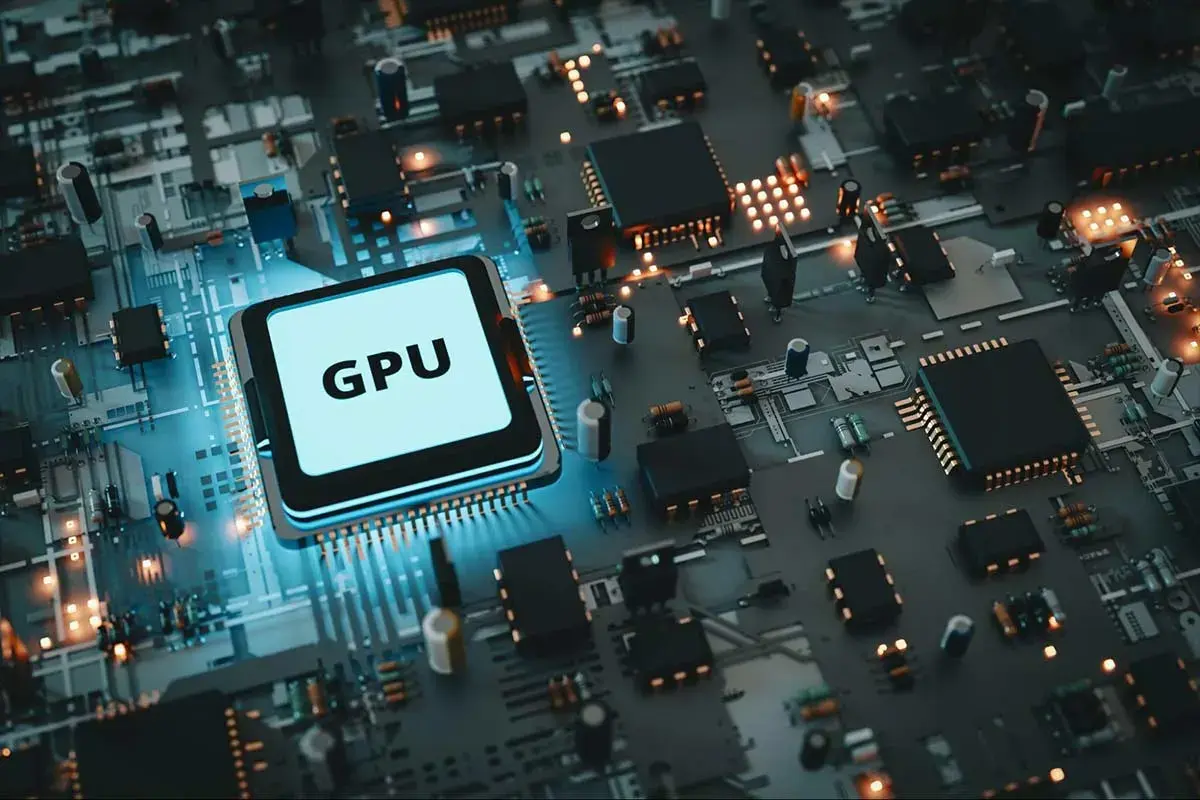Second-Life GPU Marketplaces Emerge as AI Hardware Shortage Persists

Highlights
- NVIDIA’s GPU shortage pushes firms toward decentralized compute solutions.
- Second-life GPU marketplaces cut AI infrastructure costs by up to 70%.
- Argentum AI enables secure, eco-friendly, cross-border AI processing.
The number of AI computing assets available has not been able to keep pace with the surge in AI initiatives. Evidence of this is the rapid sell-out of NVIDIA’s highly regarded Blackwell GPU lineup, every available unit of which was snapped up by tech giants like Meta, Microsoft, Google, Amazon, and Oracle.
As Nvidia is booked till late 2026, analysts state that the surge in hyperscaling efforts could reach $315 billion by the end of the year. Despite that, experts believe that the computing power required to run modern AI workloads will remain disproportionate.
Firms continue to place massive orders for GPUs with each purchase cycle, leading to the creation of a two-tier system where those who can afford the hyperscaling approach have locked in the majority of the supply.
As a result of this bottleneck, “second-life GPU marketplaces” have emerged. The focus of such marketplaces is to redistribute the power of already deployed hardware, allowing small-scale companies seeking AI computing solutions to evolve with ongoing AI innovation while saving costs.
Second-Life GPU Marketplace to Offer a Decentralized Infrastructure
Since the traditional path to acquiring computing has been to wait for allocation from cloud providers, a new market segment known as ‘second-life GPU marketplaces’ has emerged.
Through this, retail businesses have been able to secure enterprise-level AI workloads, tapping into the power of hardware that’s already been deployed while reducing costs by up to 70% compared to traditional cloud pricing. It is an approach similar to that taken by many cloud mining platforms, but with nuances that are more unique.
Argentum AI is a project that follows this paradigm, offering users enterprise-level security embedded directly into its independent, decentralized compute marketplace. The project is said to integrate secure enclaves, zero-knowledge proofs (ZKPs), and staking-based trust mechanisms to facilitate confidential data processing.
Additionally, the website asserts that Argentum features a cross-border liquidity model to address the geographic bottlenecks. This means that regional availability does not matter, as workloads are automatically routed to available systems anywhere in the network.
The platform’s artificial intelligence-driven ecosystem also introduces hobbyist-oriented compute marketplaces for institutional entities. These entities have access to compliance frameworks, transparency, and verifiable performance.
Argentum also addresses environmental concerns associated with AI computing, which projections indicate will contribute to an additional 1.2 to 5 million tons of annual electronic waste by 2030.
Outlook for Second-Life GPU Marketplaces
The ongoing GPU shortage has underscored the need to expand computing infrastructure. In response, second-life GPU marketplaces have emerged as a cost-effective bridge between constrained hardware supply and growing demand for AI.
Argentum AI is among several platforms exploring this decentralized approach, highlighting a broader industry trend emerging toward repurposing existing GPU resources while the sector awaits the next generation of chips.
Recent Posts
- Bitcoin News
Peter Brandt Hints at Further Downside for Bitcoin After Brief Rebound
Veteran trader Peter Brandt has again provided a bearish outlook for the Bitcoin price following…
- Crypto News
$1.3T BPCE To Roll Out Bitcoin, Ethereum and Solana Trading For Clients
Raphael Bloch, cofounder and editor-in-chief of TheBigWhale, reported that starting Monday, customers of France’s Groupe…
- Crypto News
Why is the LUNC Price Up 70% Despite the Crypto Market’s Decline?
The LUNC price is witnessing a parabolic rally today even as the crypto market declines,…
- Crypto News
CoinShares Fires Back at Arthur Hayes, Dismisses Fears Over Tether Solvency
CoinShares fired back at Arthur Hayes and S&P Global for claims that Tether may be…
- Crypto News
Bitcoin Stalls Ahead of FOMC as Analyst Van de Poppe Sees No Break Until Tuesday
Respected analyst Michael van de Poppe predicts that Bitcoin will remain in a tight price…
- Crypto Reviews
Bitcoin Hyper Presale Review: How Utility is Unlocked With ZK-SVM Rollup
Bitcoin is unarguably the most successful crypto asset in terms of market progression. Yet it…